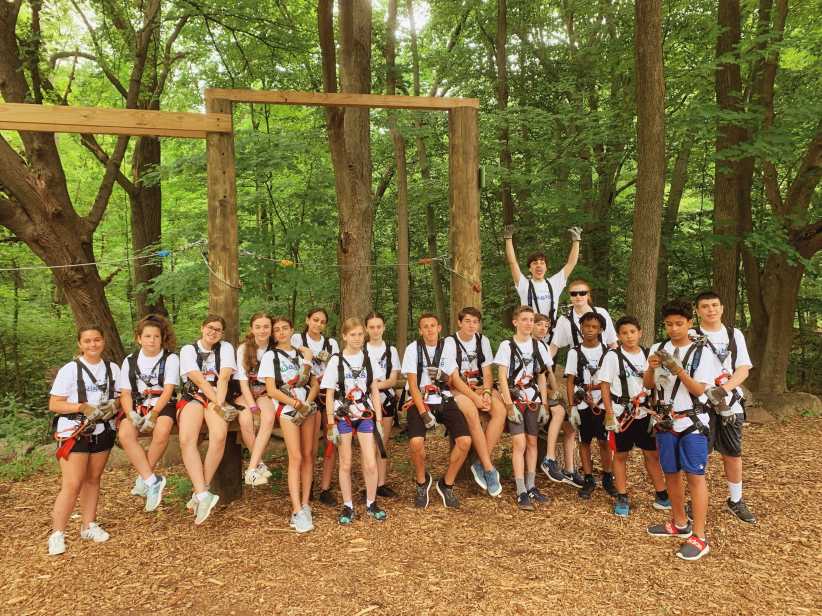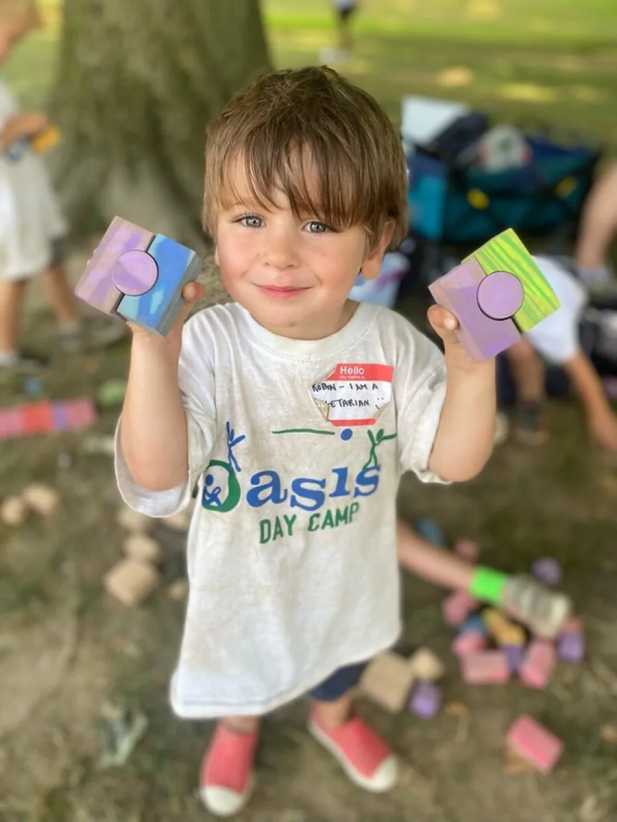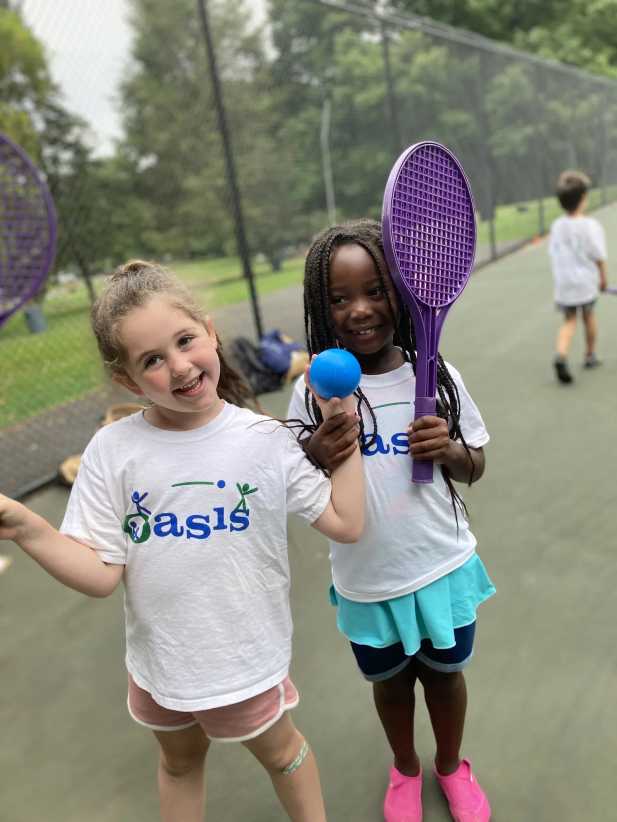When kids have the experience of spending time in a traditional camp setting they are exposed to a number of different activities and challenges that can equip them with skills that will be useful far beyond the summer.
Camp is a great place for kids to gain some independence and discover their sense of self. Time spent at camp in the company of counselors and other kids gives children the opportunity to recharge and get ready for the school year and even empower them to take more healthy risks when they are back at school.
“With more opportunity to engage in various activities both socially and physically, kids are exposed to so much more at a traditional camp, than say a camp with a singular focus,” says Howie Feinstein, owner of Kenwal Day Camp in Melville, NY. “Being at camp helps kids to socialize and to take more risks say to join a math club, or a drama class, or a sports team when they are back at school.”
Just think of a traditional camp setting; it’s all about fun. While children may feel pressure or the need to compete with other students at school, camp is all about having a good time and supporting other campers. Kids might not even be aware of the support they are receiving; they just know it feels good. “Kids are often afraid to attempt something that they have never done before, but when they are exposed to different activities at summer camp, with peers and counselors supporting them, it’s a lot easier for them to take that healthy risk and they will carry that feeling with them long after the summer is over,” says Feinstein.
The same sense of accomplishment happens with so many activities in traditional day camp. Campers may be hesitant to go swimming, drive a go-cart, take their first bus ride, shoot a bow and arrow, or ride a mountain bike, but the more they succeed at different activities, in different situations, with different people, the more they build their confidence and self esteem. At camp, children are more apt to continue to try new things and learn because there are procedures and safety measures that go along with each to ensure their success.
“When they are older, campers who attended Traditional Summer camp are more willing to tackle the risk of going away to college, or ask their boss for a raise, or go out on their own in business,” says Feinstein. While campers may fail at something at camp, they are encouraged and inspired to try again. “Kids are taking more risks with peers and counselors who are closer in age to them than their parents. So there’ s a certain comfort level that’s free of parental pressure.” After all, counselors are not really looked at authority figures, although at a traditional camp they are trained and skilled at making sure kids are cared for and safe. But rather campers often see counselors as peers, so when a counselor encourages a kid to jump into the pool or climb that 30 ft. rock wall, the campers know they aren’t being told what to do but rather encouraged to try something new by someone they trust.
Because the focus of traditional camp is all about trying new things and having fun, kids will become empowered and more independent and they will carry that feeling with them as they grow. “Kenwal is a non-competitive nurturing environment. We encourage all campers to give it their best shot, try something new, and to always do the best they can,” says Feinstein. And really what more can you ask of a kid?























